Discover American History Hotline
American History Hotline

American History Hotline
Author: iHeartPodcasts
Subscribed: 107Played: 899Subscribe
Share
2025 iHeartMedia, Inc. © Any use of this intellectual property for text and data mining or computational analysis including as training material for artificial intelligence systems is strictly prohibited without express written consent from iHeartMedia
Description
Bob Crawford searches for the best historians and experts to answer listener questions about American history — from the Revolutionary War to rock & roll feuds. Got a question? Send it to AmericanHistoryHotline@gmail.com.
12 Episodes
Reverse
Who was America's most successful spy? What happens to a spy that's captured? How can you tell if your child is lying? We interrogate a former member of the CIA to get some info about American intelligence. GUEST: Brittany Butler, former targeting officer within CIA’s Directorate of Operations, Counterterrorism Center. Author of The Syndicate Spy: A Juliet Arroway Novel. See omnystudio.com/listener for privacy information.
Why did so many women in the 1800s turn to poison to solve their problems? (Sorry husbands). Poisons like mercury, arsenic and strychnine were so cheap and readily available in the Victorian Era that it was called the "Golden Age of Poisoning." Besides being readily available, there were very few tests to detect murder by poison. Combine this with a society where women were powerless and poison becomes "the great equalizer for women in the 19th Century," as science historian Daniel Kevles wrote. But not all poisonings in the 1800s were acts of desperation. Plenty were just good old fashioned murder. DUN DUN DUUUUN!!! Joining Bob Crawford to help sort out the means, motive and opportunity of these Victorian Era women poisoners is Lisa Perrin. GUEST: Lisa Perrin, author and illustrator of the book, The League of Lady Poisoners: Illustrated True Stories of Dangerous Women See omnystudio.com/listener for privacy information.
The U.S. Constitution has inspired countless countries to adopt democracy, but NONE have adopted the electoral college. What's up with that? Turns out, if American's National Parks are "the best idea we ever had. Absolutely American, absolutely democratic, they reflect us at our best rather than our worst," as author Wallace Stegner wrote, then the electoral college might be America's worst idea. To figure out if the electoral college is trash, and to break down the origins, pros, cons and future of this unique electoral body, host Bob Crawford called on Peter Sagal. He's not just host of a game show on NPR (shoutout to WBEZ) and an avid marathoner. He's also host of the PBS show CONSTITUTION USA. What's in this episode: Bob and Peter unpack the history and ongoing relevance of the Electoral College, including its origins in balancing slavery, state power, and the popular vote. The conversation also touches on gerrymandering, the influence of political parties, and the challenges of achieving national unity in a polarized political climate. GUEST: Peter Sagal, host of Wait, Wait ... Don't Tell Me! and CONSTITUTION USASee omnystudio.com/listener for privacy information.
The Moon. We hit it and quit it. But after more than 50 years is it time to rekindle the relationship? We'll explore the reasons we stopped going to the moon and why NOW is the right time to go back (we see you, Artemis). Also, how does a return to the moon get us closer to landing humans on Mars? And how do we overcome some of the logistical and psychological challenges of traveling 35 million miles to our neighboring planet? GUEST: Andrew Chaikin, author of the book A Man on the Moon. Check out his cool new website: DoSpaceBetter.com See omnystudio.com/listener for privacy information.
Why did a French-born aristocrat volunteer (without pay) to fight for the Americans during the Revolutionary War? And what happened when the Marquis de Lafayette returned to France to fight in its revolution? And is his name really Marie-Joseph Paul Yves Roch Gilbert du Motier de La Fayette?! This episode is all about Lafayette, including his Era's Tour return to America decades after the revolution. GUEST: Lloyd Kramer, historian and author of the book Lafayette in Two Worlds: Public Cultures and Personal Identities in an Age of RevolutionsSee omnystudio.com/listener for privacy information.
"War is 99 parts diarrhea and one part glory." Walt Whitman had a point when he wrote this. Diseases like dysentery, typhus, and malaria were responsible for 2/3 of the deaths in the Civil War. So, how did illness kill more soldiers on the battlefield than cannons and bayonets? It helps to look at the living conditions and atrocious medical practices in field hospitals during the deadliest war in American history. And it didn't help that sexually transmitted diseases like syphilis were rampant among soldiers. GUEST: Kathryn Olivarius, Associate Professor of History at Stanford University. Check out her book: Necropolis: Disease, Power, and Capitalism in the Cotton KingdomSee omnystudio.com/listener for privacy information.
Sir Mix-a-Lot can't lie about liking big butts. And George Washington can't lie about cutting down cherry trees. Or can he? According to Washington biographer Alexis Coe, this is "the greatest fan fiction ever told" (the tree thing! Mix-a-Lot truly loves big butts). It turns out America's first president is a lightning rod for myths and misinformation. So, we're putting in our wooden teeth (or are they not wood?) and taking a bite of the reality sandwich as we sort truth from fiction in George Washington's legacy. GUEST: Alexis Coe, an award-winning, New York Times bestselling presidential historian, and a senior fellow at New America, a bi-partisan think tank. Her books include, You Never Forget Your First: A Biography of George of Washington and the upcoming Young Jack: A Biography of John F. Kennedy, 1917-1957 (scheduled for 2026). See omnystudio.com/listener for privacy information.
It's Lincoln's party and he'll cry if he wants to. We trace the evolution of America's major political parties to understand how they've changed since Honest Abe was the Republican standard-bearer. And if he were running for election in 2028, which party would he belong to? GUEST: Julian Zelizer, New York Times best-selling author and Professor of History and Public Affairs at Princeton University. He publishes a Substack newsletter called The Long View. Check out his book: In Defense of Partisanship. See omnystudio.com/listener for privacy information.
The Roaring Twenties was a period of tremendous financial growth in America — punctuated by a stock market crash and the highest poverty and unemployment the nation has ever seen. The question is, can this happen again? Looking back, we explore what was happening in the country during the boom years that led to the bust years. GUEST: Gabriel Mathy, associate professor of economics at American University. His area of expertise is macroeconomics of the Great Depression. See omnystudio.com/listener for privacy information.
How does the U.S. Constitution protect our country from being taken over by a power-hungry dictator? You may not like the answer. President and CEO of the National Constitution Center, Jeffrey Rosen, explains how much of our federal government is based on political norms and precedents that are vulnerable to the whims of the masses. Still, our Constitution has weathered some of the most serious political storms of the past 250 years and held strong. The key to success, Rosen explains, is an informed citizenry that holds elected officials accountable to America's founding principles. GUEST: Jeffrey Rosen, president and CEO of the National Constitution Center, where he hosts We the People, a weekly podcast of constitutional debate. He is also a professor of law at the George Washington University Law School and a contributing editor of The Atlantic. Rosen’s new book is "The Pursuit of Liberty, How Hamilton vs. Jefferson Ignited the Lasting Battle Over Power in America"See omnystudio.com/listener for privacy information.
American history is full of folklore and tall tales, so it's hard to believe that Founders Thomas Jefferson and John Adams both died on July 4th, 1826 — exactly 50 years after signing the Declaration of Independence. But it's all true! Historian Lindsay Chervinsky tells the stories of these patriotic deaths, including Adams' belief that "Jefferson still lives." Interestingly enough, James Madison actually tried to AVOID dying on the 4th of July. It turns out, Independence Day is rife with patriotic deaths and coincidences! GUEST: Lindsay Chervinsky, presidential historian and the Executive Director of the George Washington Presidential Library. She is the author of the award-winning book, The Cabinet: George Washington and the Creation of an American Institution, co-editor of Mourning the Presidents: Loss and Legacy in American Culture, and the forthcoming book, Making the Presidency: John Adams and the Precedents That Forged the RepublicSee omnystudio.com/listener for privacy information.
See omnystudio.com/listener for privacy information.
 United States
United States


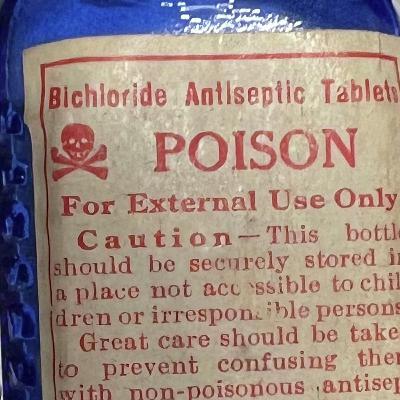
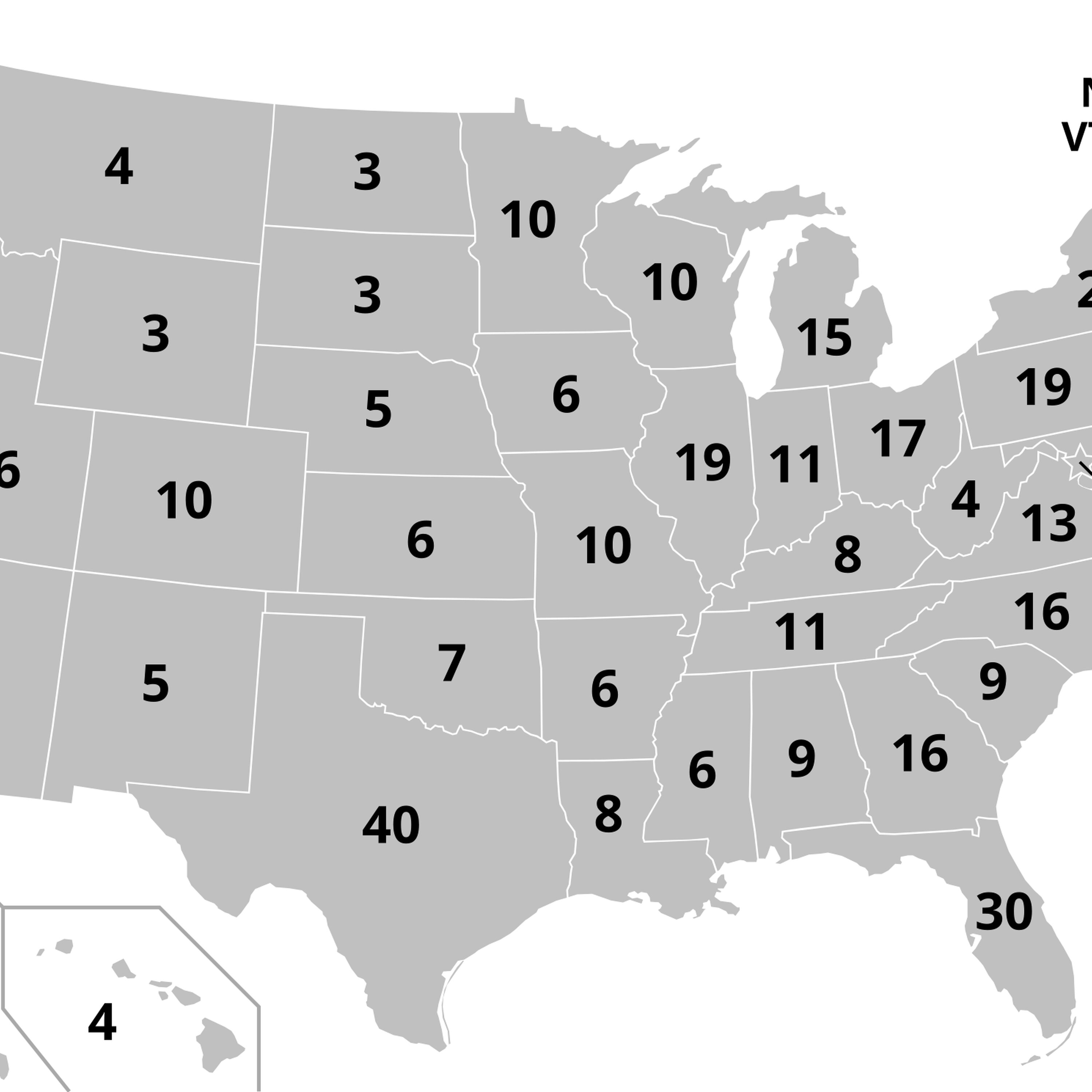
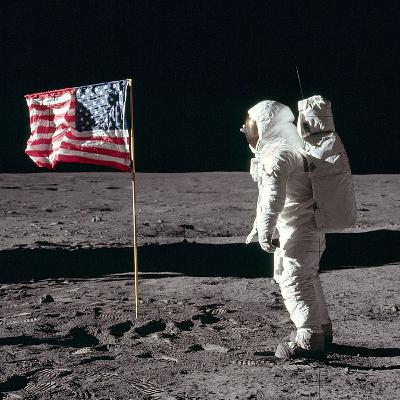
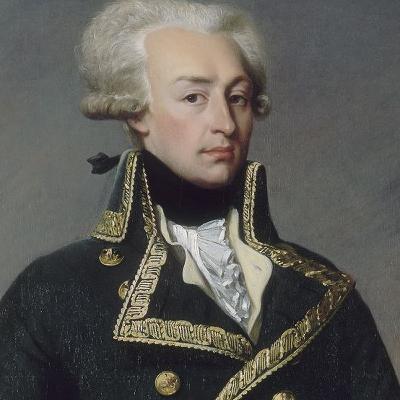
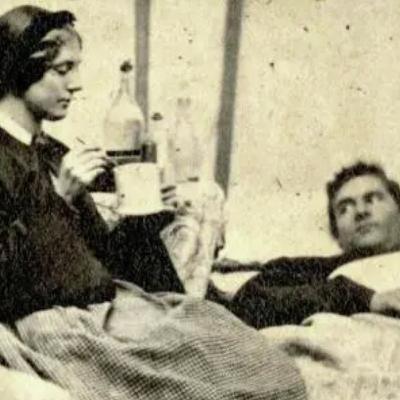
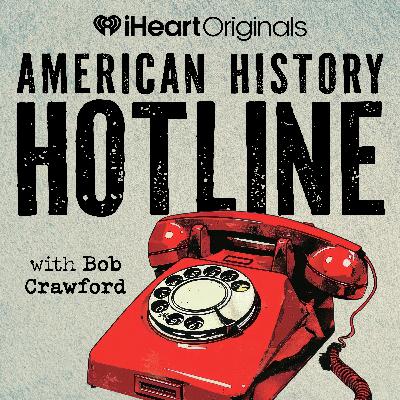
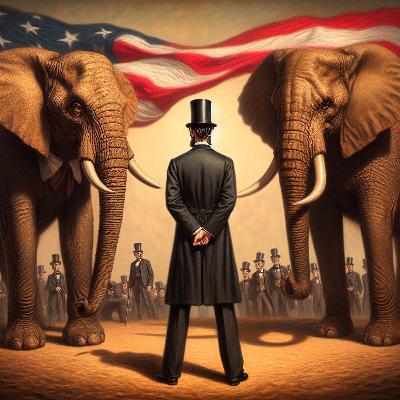



Excellent show. Very clear and informative discussions on American History topics I've always thought about. it's also refreshing to hear from the guests who are experts on each topic